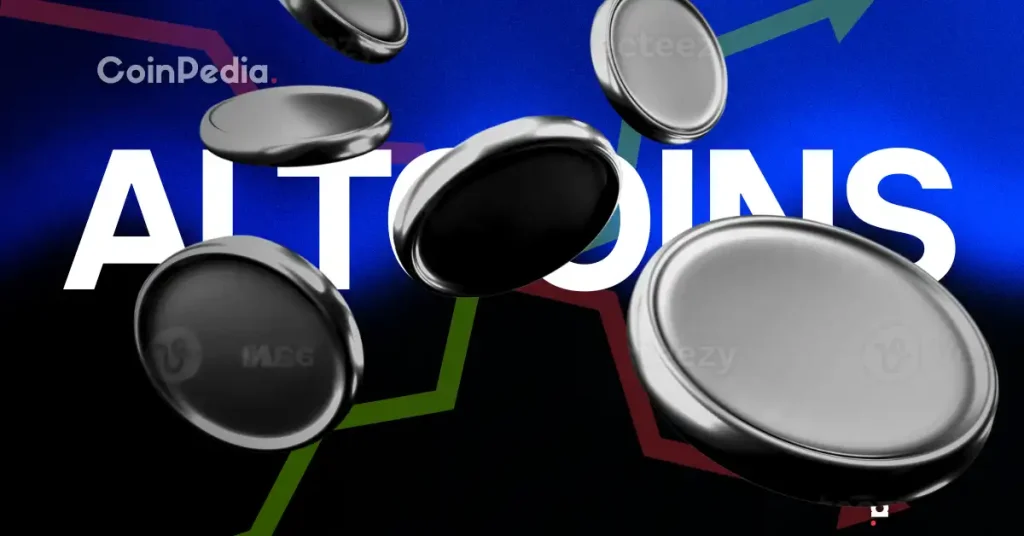VanEck, a prominent American asset management firm, has taken a decisive step towards bridging cryptocurrency with traditional finance by applying to the U.S. Securities and Exchange Commission (SEC) for a Solana (SOL) staking exchange-traded fund (ETF). This prospective fund aims to enable investors to gain from the blockchain-based Solana network, particularly through its staking rewards, highlighting a notable shift towards integrating digital asset income within conventional investment frameworks.
What Makes the JitoSOL ETF Stand Out?
In contrast to conventional ETFs that solely track a cryptocurrency’s market price, this proposed ETF intends to incorporate the staking-derived earnings from the Solana network into its payout structure. Investors would potentially benefit not only from the value of SOL but also from the staking rewards facilitated by JitoSOL, a token specifically developed on the Solana blockchain.
The ETF, by transforming transaction fees into regular income akin to dividends, could attract investors interested in both SOL ownership and steady returns from staking. However, broader regulatory acceptance of such altcoin offerings remains to be seen.
Will Regulations Clear the Way?
There are ongoing discussions between the SEC and fund providers concerning the compliance of cryptocurrency investment products with existing regulations. VanEck’s action marks a crucial step in evaluating the SEC’s openness to such innovations.
“We need to overcome regulatory bottlenecks at the SEC. Lawyers should be able to advise their clients,” stated SEC Chairman Paul Atkins, prompting conversations about the necessity for adaptable regulatory measures for emerging financial technologies.
Such statements suggest the SEC might consider more elastic rules for the incorporation of products like liquid staking ETFs. VanEck is not alone in this endeavor; companies like Fidelity, Grayscale, and Franklin Templeton are reportedly developing similar Solana-focused financial products.
VanEck’s ETF proposal reflects a growing trend towards mainstream acceptance of crypto assets. If successful, this move could establish a strong precedent for the inclusion of cryptocurrencies in traditional financial portfolios. The outcome will heavily rely on the SEC’s forthcoming decisions concerning regulatory frameworks.
Disclaimer: The information contained in this article does not constitute investment advice. Investors should be aware that cryptocurrencies carry high volatility and therefore risk, and should conduct their own research.
















 English (US)
English (US)